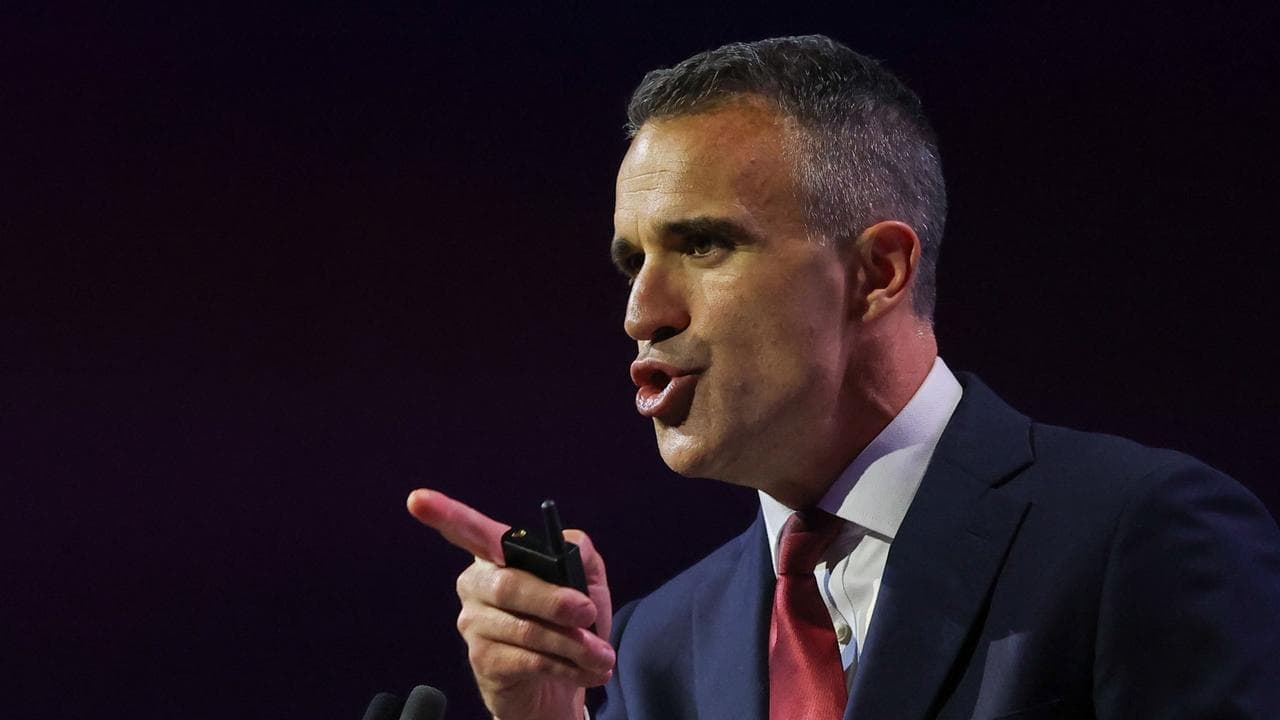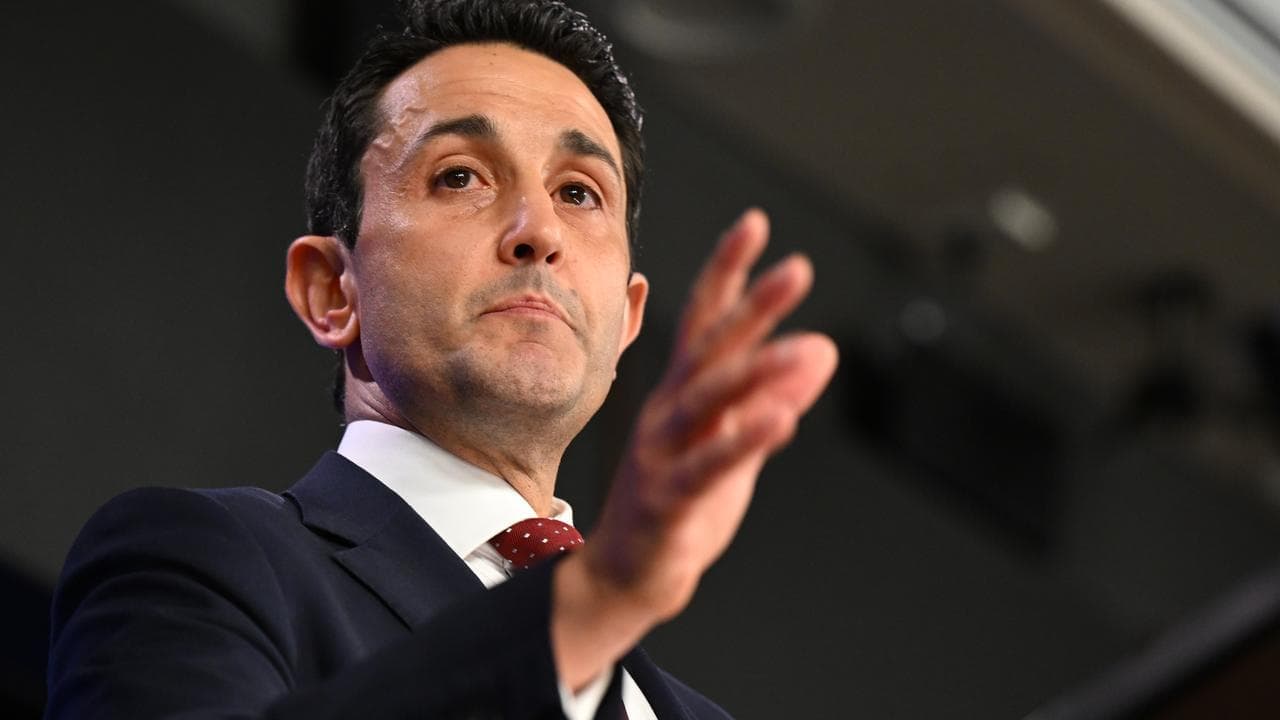WHAT WAS CLAIMED
Vaccines on the US childhood schedule haven't been safety tested.
OUR VERDICT
False. All vaccines must be safety tested before being approved for the schedule.
AAP FACTCHECK - Vaccines recommended for children in the US have been safety tested, despite false claims circulating online.
All jabs must undergo safety testing by the US Food and Drug Administration (FDA) before being authorised for public use.
A Facebook post shares clips of former presidential candidate Robert F Kennedy Jr being interviewed on the Joe Rogan Experience, and calling for parents to watch them.
"I asked Anthony Fauci which of the 72 vaccines had been subject to a safety test … Anthony Fauci refused to show evidence, so I sued him …" said the caption, summarising some of Kennedy's comments.
"After a year of stonewalling, Fauci finally admitted … NOT ONE SINGLE VACCINE WAS SUBJECTED TO A SAFETY TEST."

The US Centers for Disease Control and Prevention (CDC) has listed 72 vaccine doses, including different brands and formulations for the same vaccines, in the Recommended Childhood and Adolescent Immunization Schedule.
The FDA said each jab's safety and effectiveness had to be demonstrated in testing before approval.
"All US FDA-approved and authorised vaccines have undergone the FDA's thorough review process and have met the agency's rigorous standards for safety, effectiveness, and quality," a spokesperson told AAP FactCheck.
David Higgins, a research fellow at the University of Colorado School of Medicine, said all vaccines were rigorously tested before being approved.
"This process involves several phases of trials that include thousands of participants designed to assess the vaccine's safety, efficacy and potential side effects," Dr Higgins told AAP FactCheck.
In the extended podcast video, Kennedy made a slightly different claim than the Facebook post caption relating to placebo testing of recommended jabs.
"Not one of these 72 vaccines has ever been tested, pre-licensing, in a placebo-controlled trial where you're looking at vaccinated versus unvaccinated kids, looking for health outcomes ... never been done," Kennedy said (41 minutes 42 seconds).

The FDA website said a placebo trial compared an experimental drug with a placebo, an inert substance.
The FDA's vaccine development process typically involved comparing a group of people who received an experimental jab with a control group who received either an existing vaccine, a placebo, or another substance.
Dr Higgins said placebo-controlled trials were the gold standard for testing child vaccines, but there were some exceptions.
For example, he said that when testing new versions, formulations or brands of already-approved vaccines, giving children in the control group a placebo would be unethical.
"Doing so would withhold a life-saving vaccine from children, putting them at significant risk for serious and potentially fatal diseases," Dr Higgins said.
In these cases, he said, the control group could be given an existing, previously approved vaccine.

Abram Wagner, from the University of Michigan, said placebo testing still occurred for new vaccines if an earlier version did not exist, such as the hepatitis A vaccines introduced in the 1990s.
He said in a 1992 hepatitis A vaccine trial involving 1037 children, 519 received the actual jab, and 518 received a placebo, according to The New England Journal of Medicine.
"All vaccines undergo thorough vetting for safety and efficacy," Dr Wagner told AAP FactCheck.
Vaccine safety was also monitored after approval in the US through the CDC's Vaccine Adverse Event Reporting System and Vaccine Safety Datalink, as well as the FDA's Biologics Effectiveness and Safety System and Sentinel Initiative.
The Verdict
False – The claim is inaccurate.
AAP FactCheck is an accredited member of the International Fact-Checking Network. To keep up with our latest fact checks, follow us on Facebook, Twitter and Instagram.












